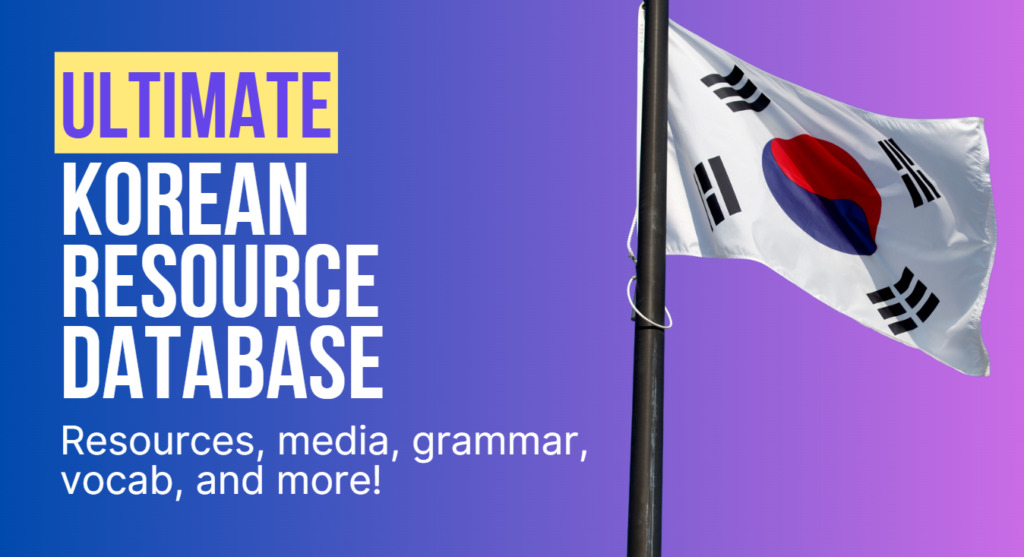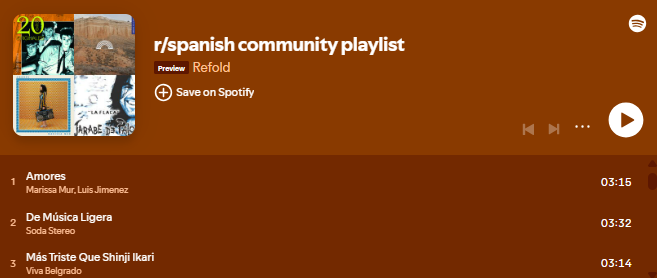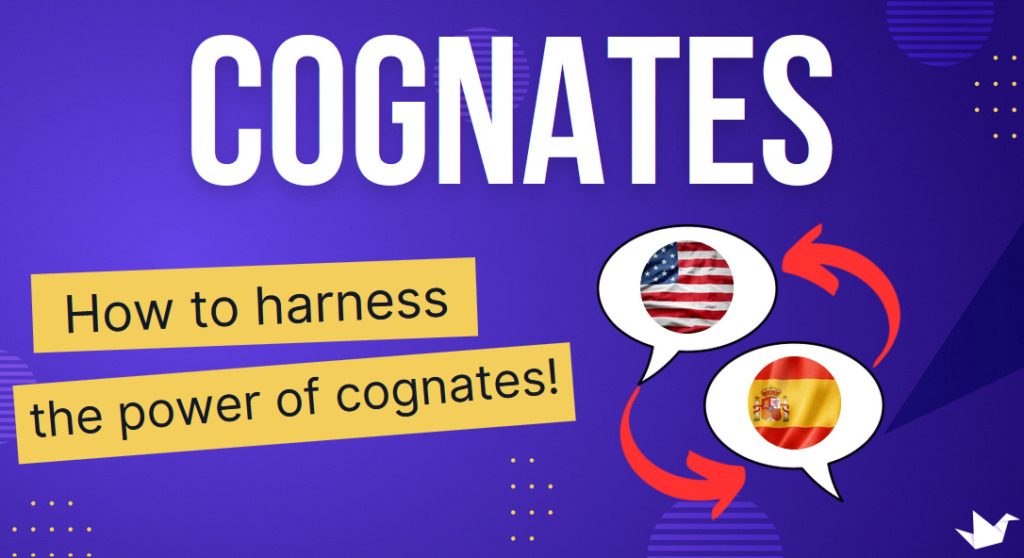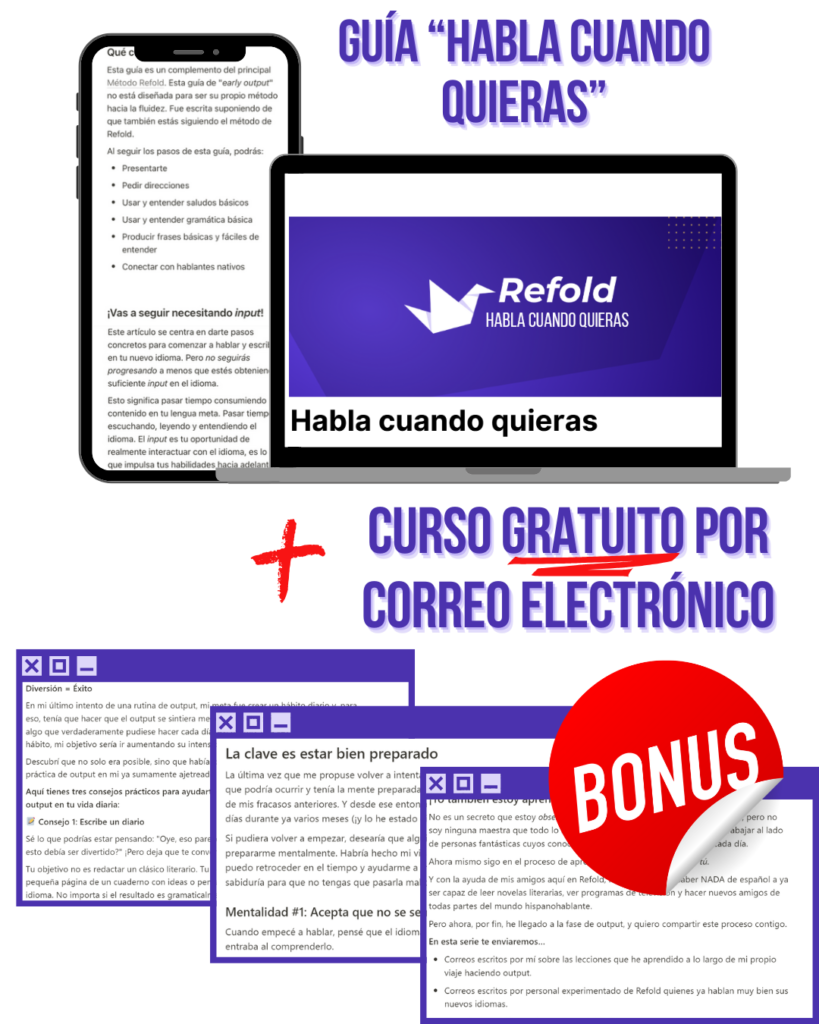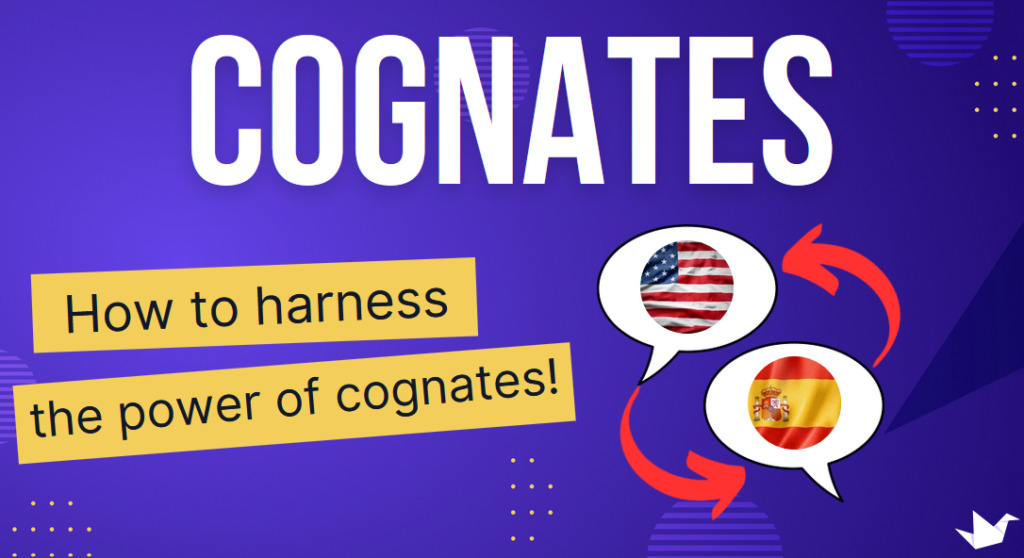
Etymology
Cognates are words born together. In other words, words that seem similar because of a shared origin. We see this term thrown around a lot in language learning circles. Often in reference to “internationalisms” such as French or Latin loans in the west, Arabic loans in the Middle East, Sanskrit loans in south-east Asia, and even Chinese loans in East Asia.
No language evolves in isolation. This means that entirely unrelated languages can share vocab. Don’t believe me? Look at these commonly shared words between English and Japanese:
| English | Japanese | Original Meaning | New Meaning |
|---|---|---|---|
| Honcho Tsunami | 班長(honchou) 津波(tsunami) | Squad Leader Harbor Wave | Slang for boss Tidal Wave |
This doesn’t just apply to English and Japanese, almost all languages have cognates. Some are deeply embedded and treated like normal words, some share a single origin hundreds of years ago, and some are still viewed as slightly foreign, or only exist for foreign concepts. Take a look at some cognates in other languages:
| Borrowed Word | Original Word | Original Meaning | New Meaning |
|---|---|---|---|
| 🏴 Chef 🏴 Landlubber 🇵🇭 Kumusta 🇯🇵 今晩(komban) 🇮🇩 alkitab | 🇫🇷 Chef 🇳🇱 Landloper 🇪🇸 Como está 🇨🇳 今晩(kˠiɪm mʉɐnX) 🇸🇦 الكتاب(al-kitaab) | Chief/Leader Land Walker How is/are (3ps) This Evening The Book | Head Cook A new seafarer How is/areᅠ This Evening The Bible |
You may have noticed that with cognates, sometimes the meaning is readily apparent (kumusta ↔ como está) are almost one-to-one the same. In some cases, the cognate may have a slightly different meaning (chef in English is not the same as the chef in French). Cognates are often thought of as free words, but it can be helpful to think of them as words that look, sound, or feel the same. Kind of like nature’s built-in mnemonics.
How to Identify Cognates
In some cases, cognates are very apparent. There are often very systematic changes you can follow to deduce cognates. A famous example of this is English to Spanish and Portuguese:
| English | Spanish | Portuguese |
|---|---|---|
| -tion -ty -tous | -cíon -dad -oso/a | -ção -dade -oso/a |
Depending on how systematic the changes are, it may or may not be worth learning how to identify them. If there are some systematic and regular ways to identify cognates, you can really boost your comprehension, or at least ability to cement a similar word in your mind.
Are Cognates Free Words?
No, they are not. You can readily identify them, and it can help you comprehend and immerse. You will not always be readily able to “foreignify” the equivalent word. The expected “foreignification” of the word either may not exist, may have a slightly different meaning, or may exist but in a slightly irregular form (irregular sound shifts, etc).
Rather than calling cognates “free words”, it is better to call them “discounted words”. Cognates are words that easily anchor, and stick, making recognizing them and understanding them in context and during immersion very easy. They, however, are not easy to produce on the fly. Even languages like Portuguese and Spanish that are made up of 89% cognates can cause confusion when trying to output.
Now get out there and get to learning!
Like what you see?
Sign up now and we'll deliver even MORE amazing content like this right to your inbox!
- Receive our exclusive 6 SECRETS to language learning success email course.
- Stay motivated with weekly emails overflowing with helpful language-learning tips, tutorials, and more!
- Get behind the scenes access into the inner workings of Refold!




